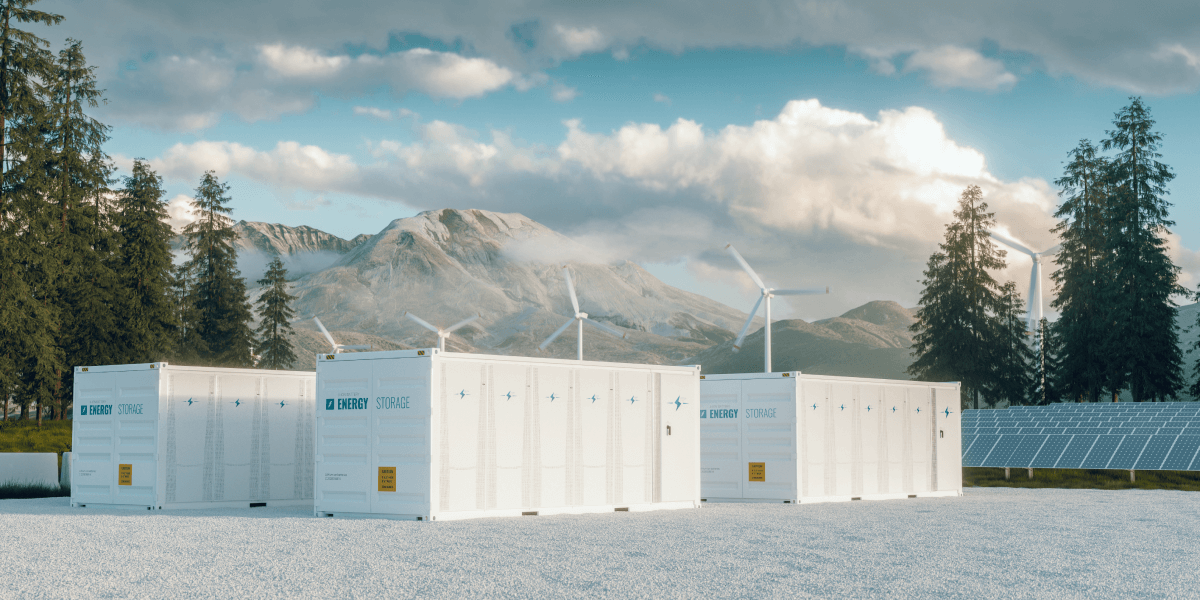Energy is the keystone on which our modern civilisation is based. The world requires an ever-increasing quantity of energy to fulfil its everyday requirements, most of which are still met by non-renewable sources like coal and petroleum. Energy generation from these non- renewable sources is one of the most damaging activities to our environment and also a major source of pollution. Thus, it is important to make a switch to renewable forms of energy at the earliest. Renewable energy can be defined as the type of energy that is collected from renewable resources which are naturally replenished. Renewable energy sources are sustainable i.e. they meet the energy requirements of the present generations without compromising the natural environment, unlike conventional energy sources that get depleted and are harmful to the environment. India’s current total installed power capacity is about 404 GW, out of which 114 GW is Renewable Energy (RE) as on July 2022. If large hydro (>25 MW) power capacity is added to RE sources, then the capacity would be around 161 GW which would be about 40% of the total installed capacity.
Advantages of Renewable Energy
There are several sources of renewable energy. The most commonly considered sources are wind, solar, and water (hydro). In addition to these, there are bioenergy, tidal and geothermal energy sources etc. Bioenergy is the process of creating energy from biological masses such as straw, manure and other agricultural byproducts. Geothermal energy is energy from the Earth's internal energy sources, like geysers. Renewable energy is not only naturally replenished, but it causes no harm to the environment, as there are no greenhouse gasses or other pollutants emitted. Sustainable energy sources are the best sources of energy for our homes and businesses because they are not only renewable but are also frequently developed closer to the end user than traditional power plants. Many are already making a move to solar, wind, and other sources of sustainable energy. With the support of government policies, enabling rules and regulations and competition in the market, the price of sustainable energy sources has decreased significantly in the last decade, making them more affordable than ever for all.
Renewable Energy Solutions by FEPL
First Energy Private Limited (FEPL), a green energy solutions provider, has developed state- of-the-art technologies and provides sustainable offerings such as solar rooftop, solar ground mounted, carport solutions, solar/wind opex and solar-wind hybrid projects, in addition to storage batteries.
Backed by the engineering capabilities and expertise of its parent company, Thermax, FEPL is uniquely placed to help its customers navigate their energy switch journey (from conventional to renewable energy) with long-term customised solutions. Among the available renewable energy solutions, an emerging offering that is fast catching up with industries and is a feasible form of storing energy is the Battery Energy Storage System.
Battery Energy Storage System
Battery Energy Storage System (BESS) allows renewable energy, such as solar and wind, to be stored and released when customers need it the most. FEPL can provide specially designed Battery Energy Storage Systems with the latest Li-ion technology to provide reliable and long backup. It can also form a hybrid system with solar PV/wind and can be connected to the grid. The BESS helps to stabilise the grid and supplement the shortfall and can also absorb (charging) the surplus power and feed it into the power grid when required. Battery Energy Storage System (BESS) is an important development in the field of renewable energy generation.
The Government of India has projected that by 2030 the Battery Energy Storage capacity will become a core part of India’s power sector. In March 2022, the Government of India issued ‘Guidelines for Procurement and Utilisation of Battery Energy Storage System (BESS)’ as part of the generation, transmission and distribution assets, along with ancillary services. These guidelines, along with regulations for 'Ancillary Services' will bring in a standardised and uniform process for procurement and utilisation of BESS-based energy. This will also ensure transparency and fairness and a risk sharing framework. The BESS is a game-changer in the renewable sector. It will not only help in stabilising the grid and supplement the shortfall in power, but it can also absorb the surplus power. This power can be directly fed into the grid when the need arises. The BESS opens business opportunities for generators, especially the Renewable Energy (RE) ones, as RE is infirm and, therefore, it can be optimised with BESS as part of the power system.
The storage system (BESS) will extend the market for ancillary and balancing services; its flexible operations will help in frequency control to manage the variations in load/generation. It will strengthen the distribution/DISCOM operations. BESS will enhance the market for the electric mobility segment on a larger scale and also create opportunities for BESS-based merchant capacity. However, for accelerated integration of BESS, both market players and Government, through their agencies, need to work in tandem. For faster growth, a trajectory of upcoming tenders (with capacity) may be laid out, which eventually bring in competition, drive cost points, and increase the volume, and the overall growth of the sector, including the commercial and industrial segments.
To enquire: enquiry@feplglobal.com
To call: +91 20 67270 200
